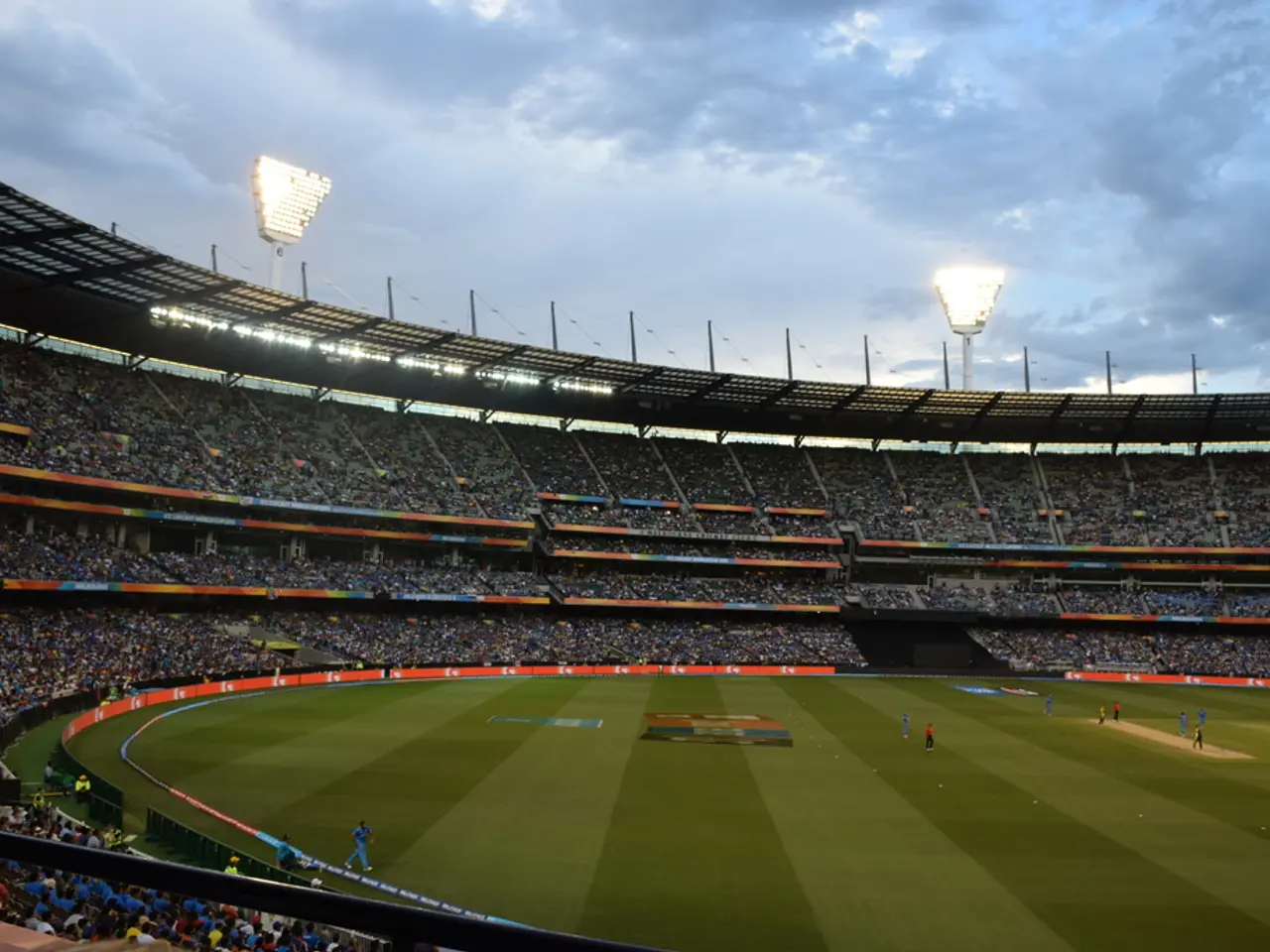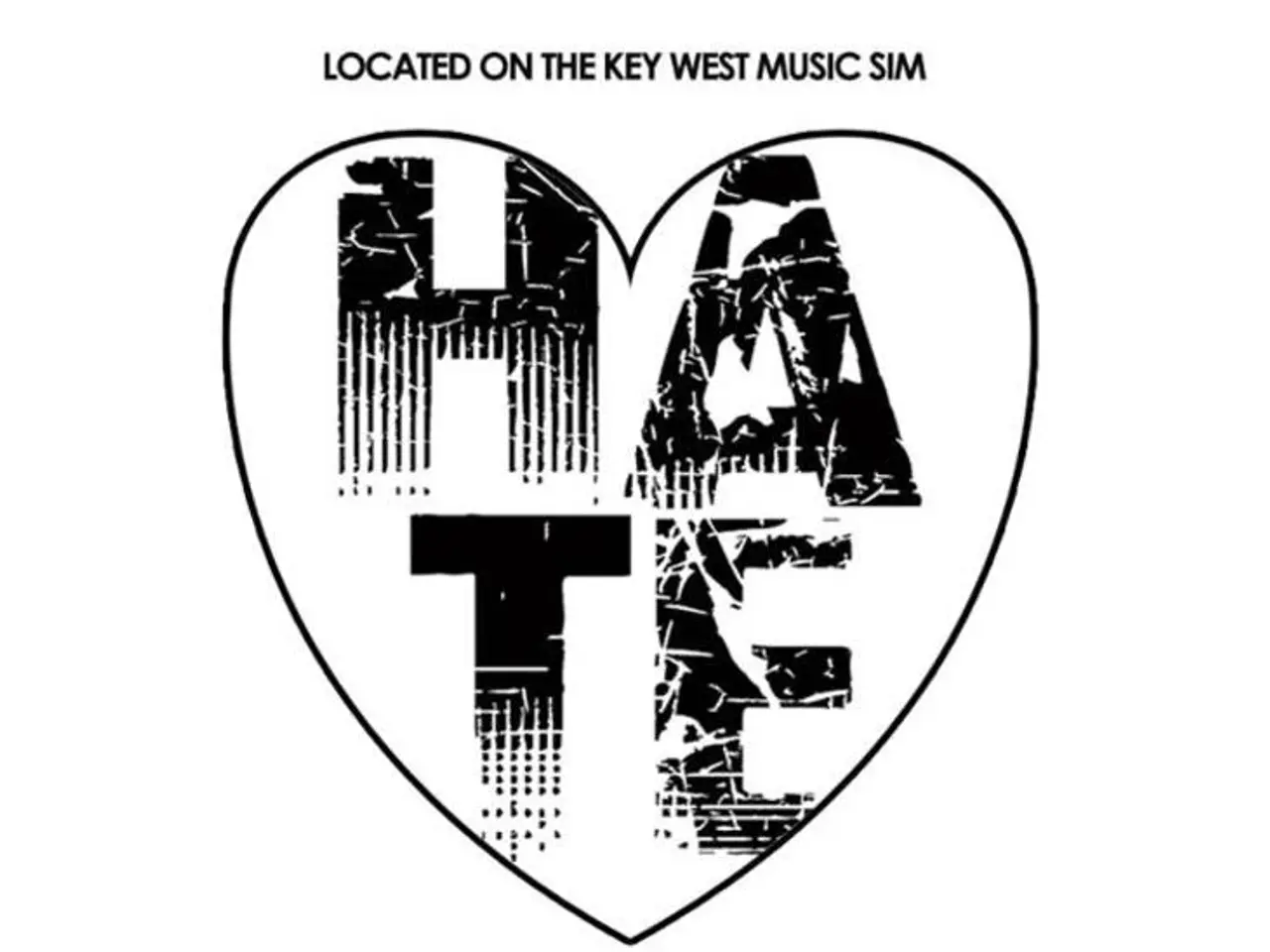"Today marks a decisive moment as the European Union's highest court delivers its verdict on a pending legal matter"
The European Court of Justice (ECJ) has made a landmark ruling that empowers national courts in EU member states to conduct an in-depth review of awards made by the Court of Arbitration for Sport (CAS), ensuring these awards conform to EU law. This decision could have significant implications for the CAS, which has previously been able to speak the final word in international sports justice.
The ruling addresses concerns that CAS arbitration, often unilaterally imposed by international sports organizations like FIFA, lacked sufficient compatibility with the EU’s judicial architecture and fundamental legal principles. By mandating that EU national courts review CAS awards for consistency with EU law — particularly competition law — the decision strengthens protections for the economic activities of individuals and entities involved in sport within the EU.
This ruling is not surprising, given the Advocate General's argument that national courts in the EU can review arbitration decisions of sports arbitration courts seated outside the EU. The ECJ has strengthened the rights of athletes and clubs, allowing them to have national courts review the compatibility of CAS arbitration awards with European 'ordre public'.
Clubs and athletes now have the formal possibility to challenge CAS rulings in their own national courts, potentially increasing legal uncertainty for sports governing bodies but enhancing legal oversight and alignment with EU competition and public policy rules. This shift demands greater compliance by international sports arbitration with EU standards and may influence how sports disputes are resolved, balancing arbitration autonomy with judicial accountability.
A central point in future cases is likely to be competition law, as athletes and clubs often complain about rules imposed on them by large associations. In a specific case, the Belgian football club RFC Seraing has been disputing with FIFA over the ban on the so-called third-party ownership for over ten years. With the ECJ ruling, this dispute can now continue in the Belgian courts.
The International Olympic Committee stated that it would carefully study the ECJ ruling. Meanwhile, sports lawyer Orth clarified that the ECJ ruling does not mean the end of the CAS, but international sports arbitration remains important and useful for having worldwide uniform standards in assessing sports-related matters. However, the lawyers of RFC Seraing stated that the ECJ has put an end to the procedural fraud used by international sports associations to circumvent the application of EU law.
The CAS has been deciding on disciplinary sanctions, transfer permits, and doping bans since 1984. The CAS has stated that sports judges already apply EU law "when necessary." Yet, the ECJ ruling opens the door for ordinary EU courts to review whether CAS arbitration awards are compatible with the public order of the European Union, providing athletes, clubs, and other parties greater ability to seek effective judicial protection and challenge CAS rulings deemed inconsistent with EU public policy or fundamental rights.
In summary, the ECJ ruling extends judicial review rights over CAS awards to national courts in the EU, enhancing their ability to address competition law issues and other fundamental EU legal principles, thereby expanding avenues for athletes and clubs to contest CAS decisions within the EU legal system.
- The ruling from the European Court of Justice (ECJ) empowers European clubs and athletes to challenge awards made by the Court of Arbitration for Sport (CAS) in their respective national courts, as the ECJ now mandates that these awards conform to EU competition law.
- This decision could impact the Premier League and other European leagues significantly, as it strengthens protections for the economic activities of individuals and entities involved in sport within the EU, allowing for greater alignment with EU competition and public policy rules.







